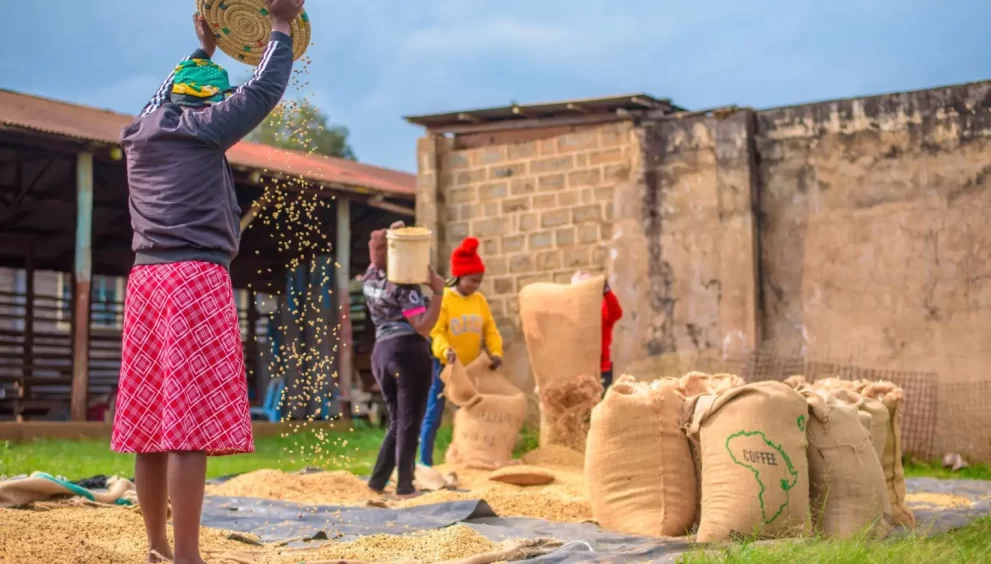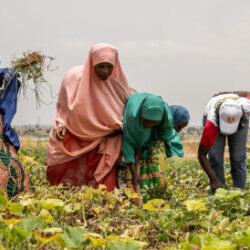Kinyaga, Kenya – In the foothills of Mount Kenya, where coffee trees have defined livelihoods for generations, farmers are confronting a new reality shaped by climate change. As erratic weather patterns and land degradation threaten one of the country’s most vital cash crops, smallholder farmers like Japhat Njiru are adopting innovative, regenerative farming practices to survive and thrive.
For decades, coffee farming in this region followed a traditional, monoculture model. However, rising temperatures and new diseases are forcing a shift. According to the Rainforest Alliance’s country director, Denu Lemma Tsegaye, warming climates are causing coffee—a plant that thrives in cool conditions—to “climb up the mountain.”
Instead of relocating, Njiru chose to adapt. He joined the New Ngariama Farmers Cooperative Society, which provided him with training from the Rainforest Alliance on climate-smart techniques. He learned the benefits of pruning trees, which rejuvenates growth and increases resilience to pests. He also embraced intercropping, a practice that involves planting other crops, like avocados, alongside coffee trees. This strategy diversifies his income and provides much-needed shade, helping his coffee trees withstand heatwaves.
The results have been transformative. Since implementing these new methods, Njiru’s coffee production has soared by over 200%, from one ton to three to four tons per season. “Our production is going higher because we are introducing better methods of agroforestry,” he says. “We are more knowledgeable now, more informed than our fathers.”
The Rainforest Alliance’s certification program plays a key role in this success by ensuring that farmers receive higher-than-market prices for their certified coffee, providing both financial and environmental benefits. The program also promotes the use of natural fertilizers, such as cow manure, to enrich the soil and reduce the need for chemicals.
While the transition to these new methods can be slow, especially for older generations, the long-term benefits are undeniable. By adopting sustainable practices, Kenyan coffee farmers are not only improving their livelihoods but also helping to reverse decades of land degradation and secure the future of their industry.




